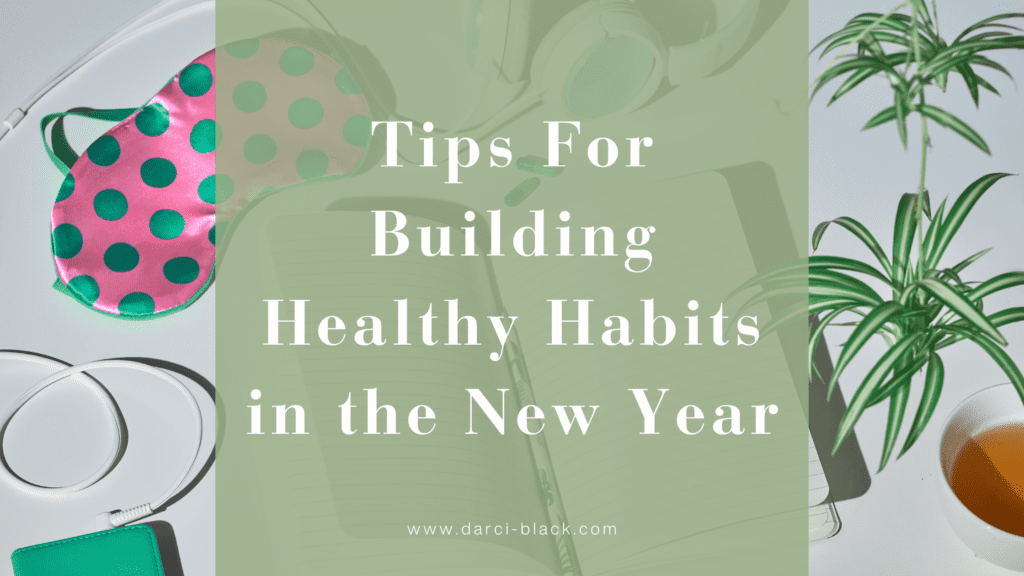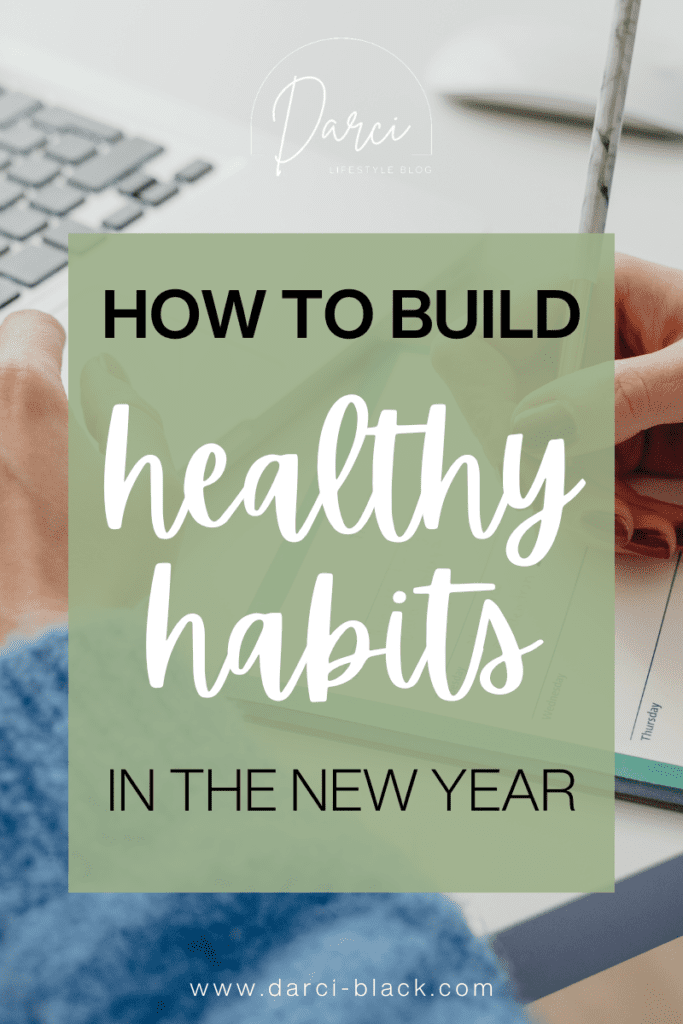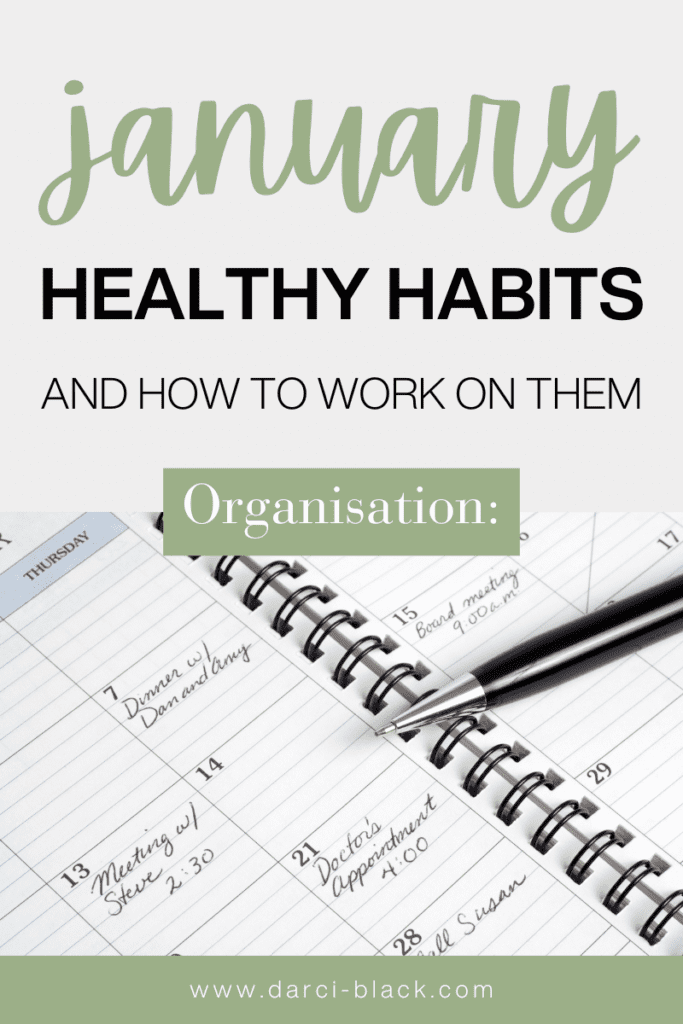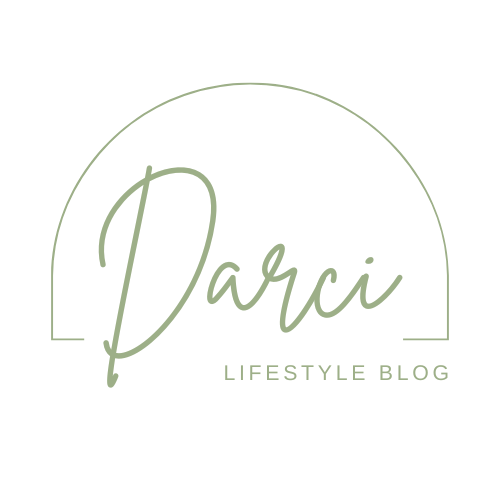
Welcome to the first post of 2025! What healthy habits are you looking to bring into the new year?
This year, we’re moving away from the ‘new year, new me’ ideology. Instead, we’re focusing on building and developing healthy habits, often off of the strong foundations we’ve made in previous years.
Habits are an important reflection of who we are. They are behaviours that play an essential role on your overall health, happiness and lifestyle.
In the new year, it’s very easy to fall into a false trap of self improvement. The novelty of a fresh start can quickly wear off, and so can your resolutions.
By making healthier choices and building good habits, you can focus on creating a new lifestyle – one that’s easier to sustain throughout January and beyond.
Here are 6 tips for building those healthy habits in the new year!
Decide on your goals
Building your healthy habits will help you to achieve your long-term goals. So decide what those goals are for the year.
The key here is to be really specific, so you can focus on the specific habits that come from that. This includes the negative habits you want to get rid of, and the positive habits you want to work on improving.
For example, you might want to start running in the new year. But that’s very vague, and without a clear goal in place, it’s unlikely to stick.
So, decide on your goal. Rather than ‘I want to start running’, make your goal ‘I want to run 5km’. That’s a very clear target to work on, and the habit from that is more identifiable.
To achieve your goal, you need to identify the steps and habits within that will make it a success. Your habit could then be ‘run 3x a week’, or ‘run in the mornings’.
This decision has made your goal more sustainable, rather than a target that’s too ambitious.

Make a plan of action
Building off the back of the previous point, developing a new habit will become easier with a plan of action in place.
Think about what needs to happen in order for your new habit to take place, and for you to be successful in creating it. What changes do you need to make to accommodate your new habits?
Think about what could go wrong as well, and how these obstacles may affect your plan. It’s important to get a good understanding and a system in place so you know what you need to do.
That way, you won’t be thrown off and fall back into the bad behaviours you’re trying to change.
Write your plan of action down somewhere so that you can properly visualise it. That could be a list on your fridge, a note in your phone, written in a planner/journal, or on post-it notes across your walls.
You need to see it so it can serve as a constant reminder.
Focus on the small changes
Now that you know what you want to achieve with your habits, and how you’re going to achieve them, in the beginning it’s best to focus on the small steps and changes.
Focusing on changing too many things at once will cause you to become overwhelmed, and you may simply give up altogether.
Take it slow and work on one thing at a time. Once you’re happy with how something is going, then you can focus on a new behaviour.
Our goal is to be consistent with our new habits and behaviours, so that they last all year round – rather than just the first few weeks.
Making a big change requires lots of small changes in the lead up. This ensures that you’re committed to the change and the work that it takes, rather than looking for a quick fix to any bad habits.
These small wins will help you build momentum towards your bigger goals and healthier habits in the future!

Create a routine
Another useful tip is to create and structure a new routine.
You want to work on a new routine so that you can incorporate your habits into them. When they’re more seamless in your day-to-day routine, it becomes easier to focus on, as you won’t need to consciously think about it as much.
Consistency is key, and a powerful tool for changing behaviours.
For example, maybe your goal is to improve your skin or health, and the subsequent habit you need to work on is to drink more water.
Now, it’s recommended that you should drink 6-8 glasses of water a day. Drinking water is one of the things that I need to work on too, so I know that I’m not going to be able to start with 6 a day straightaway. Linking back to a previous point, I’m starting smaller and focusing on 4 glasses.
My issue is that I forget to drink water throughout the day. So to integrate this into my routine, I’m going to start off the morning by drinking a glass.
Then I’ll need another one in the morning. Another one after lunch, and a final one after dinner. I’ll also take a fifth glass to bed, but I don’t plan to drink it all as I don’t want to be going to the toilet throughout the night.
By turning it into a routine, it will serve as a greater reminder to drink more, rather than randomly thinking about it in the day.
Avoid potential triggers
If you’re looking to change bad habits, you need to learn to avoid your triggers. These triggers could be activities, places or even people.
For example, you might be trying to eat healthier. But you know that on your route home from work, there’s a McDonalds and sometimes it’s just easier to buy a quick takeaway than eating a healthier homemade dinner.
Why not consider if there’s a different route home? Or if possible, try leave a bit earlier so you have more time to prepare your dinner, rather than looking for a quick solution.
Willpower is an important part of building healthier habits, and you need the willpower to avoid your triggers. Working on healthier habits is extremely rewarding, but there are times when you will struggle to stick with them.
Taking your negative triggers out of the equation is a great way to redirect your focus onto improving, rather than falling back into bad habits.

Be patient
Lastly, you need to have patience, and faith in yourself.
We often fail our resolutions because we lose motivation, and expect to see big changes in a short amount of time.
You may find yourself focusing on the big picture, and lose sight of what you’re doing in the moment. But patience is a virtue, and the key to making lasting change in the new year and beyond is to trust that the work you’re doing, is working.
It may feel repetitious. It may feel tiring. But if you stick with it, it will work.
Additionally, it can actually take a long time to develop a new habit. Building a new habit takes between 18 to 254 days, so give yourself some grace if you don’t see the changes happening as quickly as you’d like!
This post has shown you 6 tips for building health habits in the new year! You may also like:


